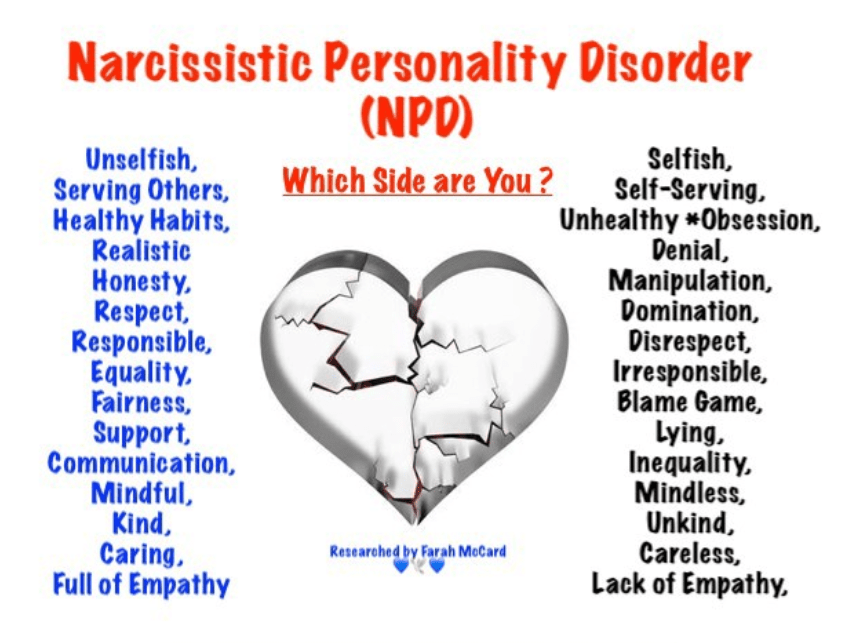Imbalance in relationship
14 Signs and Tips for Balance
People usually embark on romantic relationships in search of intimacy, companionship, and mutual support. Life’s challenges often become easier to manage when someone else helps shoulder the burden.
In a healthy relationship, you might turn to your partner for comfort and guidance when something comes up that you can’t handle alone.
Yet relationships can’t thrive without balance. If one partner regularly provides most of the financial or emotional support, you might have a one-sided, or unbalanced, relationship.
It’s disheartening to put effort into showing up for a partner who doesn’t seem to have a similar investment in the relationship. Beyond causing frustration, one-sided relationships can sour your affection and negatively affect your mental health.
Every relationship is unique, and partners might, from time to time, experience personal difficulties that affect their ability to contribute equally to the relationship — and that’s OK.
But when one partner is regularly contributing more to the relationship, there’s often trouble ahead.
Here are some other signs that suggest there’s a balance issue in the relationship.
A persistent sense of insecurity
When your partner doesn’t seem terribly invested, you might begin to doubt their commitment.
That’s pretty understandable. You prioritize the relationship and make a dedicated effort to communicate, spend quality time together, and help out when needed. If they fail to put in an equal effort, you might start to wonder if they really care about you at all.
Alternatively, they might show plenty of affection but seem disinterested in discussing future plans, like moving in together or planning next year’s vacation. This can leave you with the sense they prefer to keep one foot out the door.
Granted, some people are more demonstrative than others, but it’s generally not a great sign when you feel uncertain of their feelings. This insecurity can shake your faith in your partner and fuel anxiety and conflict.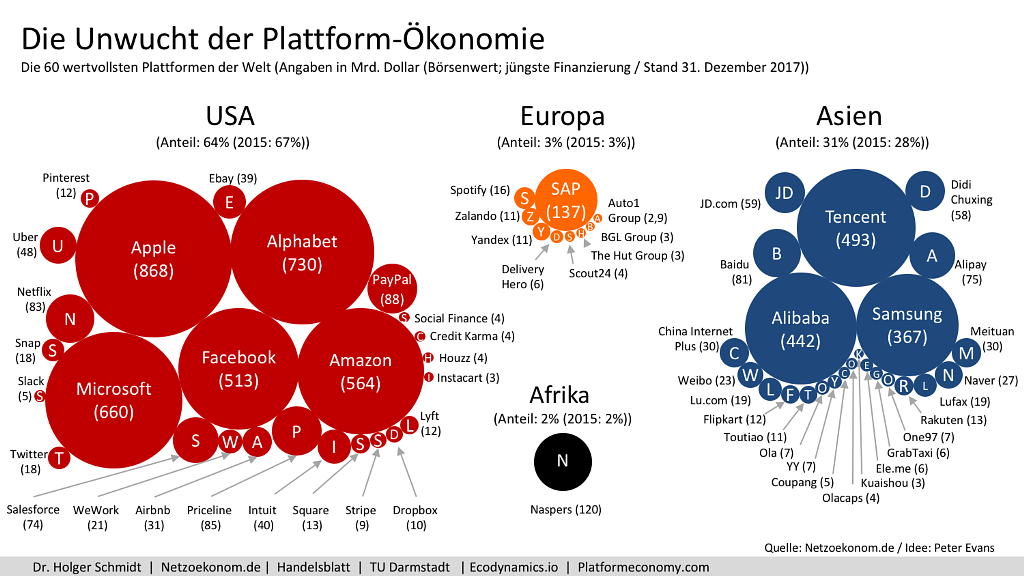
Lack of communication
One-sidedness can also show up in communication patterns.
You freely talk about your frustration with your best friend after an argument or your joy and satisfaction after your boss singles out your work for praise. Your partner, on the other hand, shares next to nothing, no matter what happens in their life.
Maybe you’ve noticed they’re a great listener. They never cut in or divert your story to their own experiences. At the same time, however, they rarely offer anecdotes of their own.
When you struggle to communicate, you might feel as if you don’t know them all that well. This can also make for unproductive conflict. You want to get to the heart of the problem and talk through it, but they just brush the issue off with “It’s fine” or “Don’t worry.”
In the end, although you want to achieve more authentic communication, you may find it harder and harder to open up since they never reciprocate.
Your interactions leave you unfulfilled
How do you feel after spending time with your partner?
Maybe you have fun in the moment, but the lack of deep emotional connection leaves you feeling lonely, even a little empty, afterward.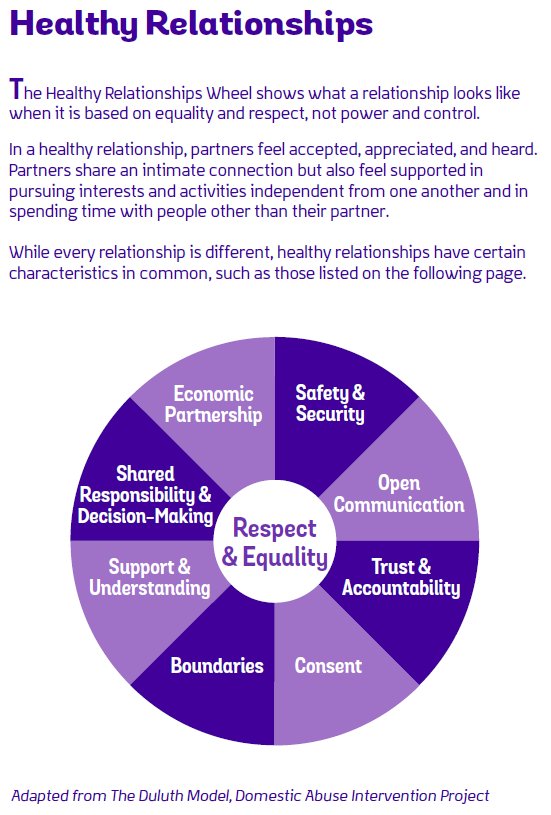 You might find yourself dissecting your encounters, worrying over their lack of engagement, or wondering what you did to upset them.
You might find yourself dissecting your encounters, worrying over their lack of engagement, or wondering what you did to upset them.
Time spent with loved ones should energize and fulfill you more often than not. Feeling drained, stressed, or dissatisfied after seeing your partner can suggest an unbalanced relationship, one where they make little effort to help meet your emotional needs.
You do all the work
In one-sided relationships, it often falls to one partner to arrange everything.
Planning trips or dates, picking up food for dinner, checking in when you haven’t talked in a few days, initiating sex — it may seem as if the relationship would collapse entirely if you stopped working to sustain it.
Perhaps when you mention this, your partner offers some excuse or looks at you blankly. Maybe they agree to try harder but soon return to their usual habits.
Either way, this can leave you with the impression they’re taking advantage or don’t care whether the relationship continues.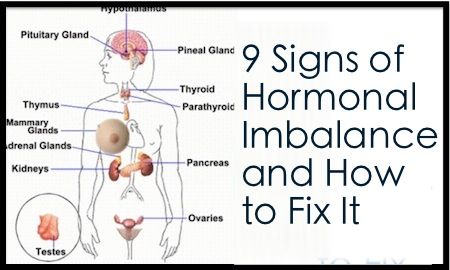
Financial imbalance
After a job loss or other financial difficulty, a partner with financial resources might offer to help out temporarily. There’s nothing wrong with that. Knowing you have someone who cares enough to help out in times of need is an important relationship benefit.
It’s a different story, however, when you end up paying for bills, groceries, gas, and vacations without a prior arrangement, and your partner never makes a move to chip in. This typically doesn’t represent a healthy relationship dynamic, and it can leave you feeling used and unappreciated.
While relationships can certainly become unbalanced with a selfish or toxic partner, plenty of other factors can contribute.
Different communication styles
Not everyone grows up learning to communicate productively or openly discuss feelings. Some people learn to protect themselves by hiding their emotions. If your partner was never encouraged to share feelings or opinions, they might doubt their ability to safely do so well into adulthood.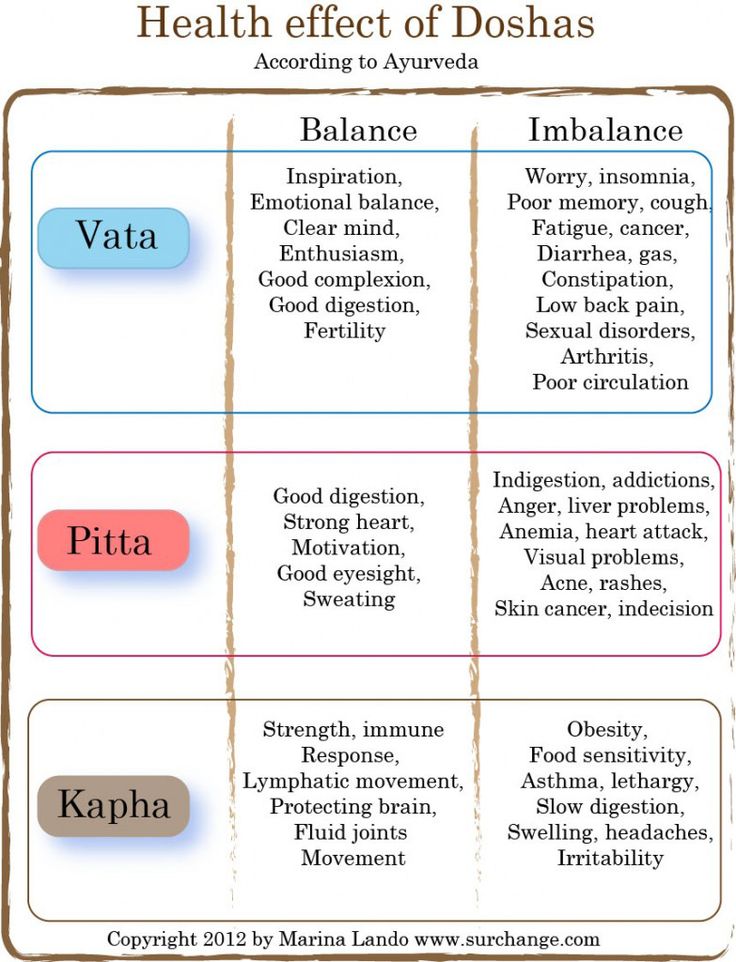
Attachment also plays a part here. People with an insecure attachment style, such as dismissive-avoidant or anxious-avoidant, tend to create distance in relationships or withdraw emotionally instead of opening up. Their strong feelings for you might be undermined by an equally strong desire to avoid getting hurt.
Very different communication patterns or attachment styles can create a large disparity between emotional needs in relationships.
Different relationship expectations
One-sided relationships can develop when you and your partner have different ideas about what the relationship means.
Perhaps you have a goal of long-term commitment, while they can’t see past the next few months. Your view of the relationship leads you to intensify your efforts, while they haven’t reached the point where they feel able to express a similar commitment.
It’s also possible they learned to rely on their parents or partners to meet their needs in past relationships and now expect you to do the same.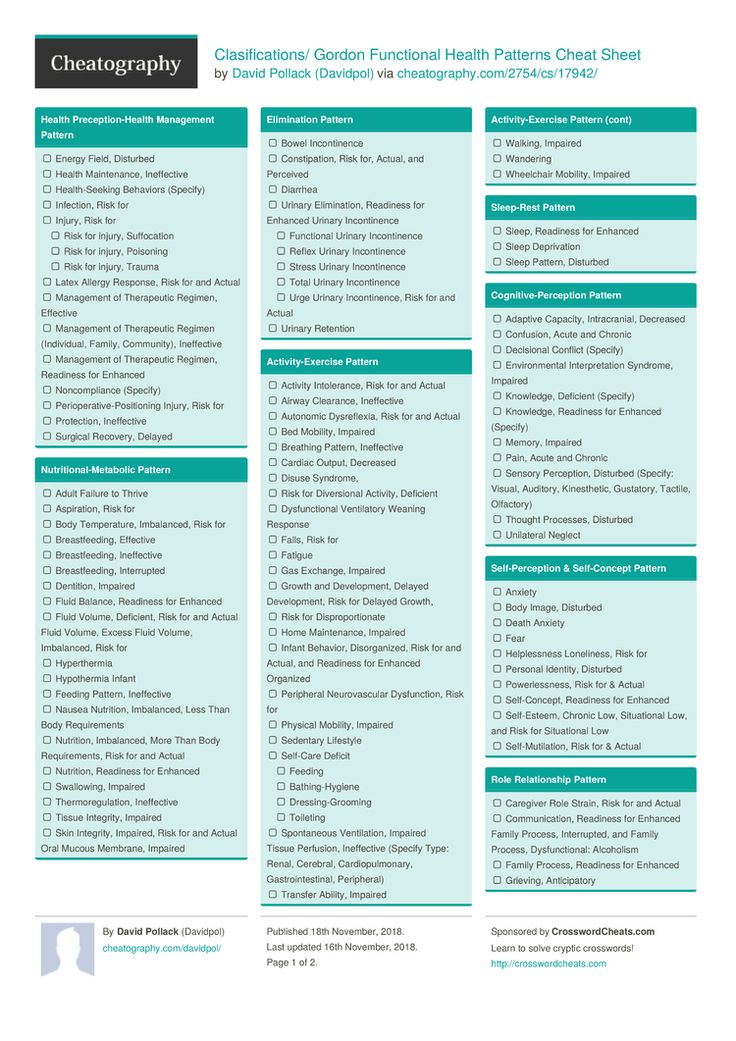 This certainly isn’t a healthy relationship behavior — it’s not your job (or anyone else’s) to take care of them.
This certainly isn’t a healthy relationship behavior — it’s not your job (or anyone else’s) to take care of them.
However, this pattern can change through improved communication and dedicated effort.
Temporary distress
When trying to understand why your relationship suddenly seems off-kilter, it can help to consider any stressors present in your partner’s life.
Job stress, physical or mental health concerns, family issues — any one of these challenges can make it difficult to fully engage. If they’re dealing with more than usual, they might continue to feel overwhelmed until the situation improves.
Your own relationship history
On the other side of things, your own attachment style and past relationship experiences can also factor in.
People with anxious attachment styles, for example, might feel afraid of ending up alone and need more assurance of affection than someone securely attached. If your partner isn’t overly affectionate, you might feel the emotional distance more strongly.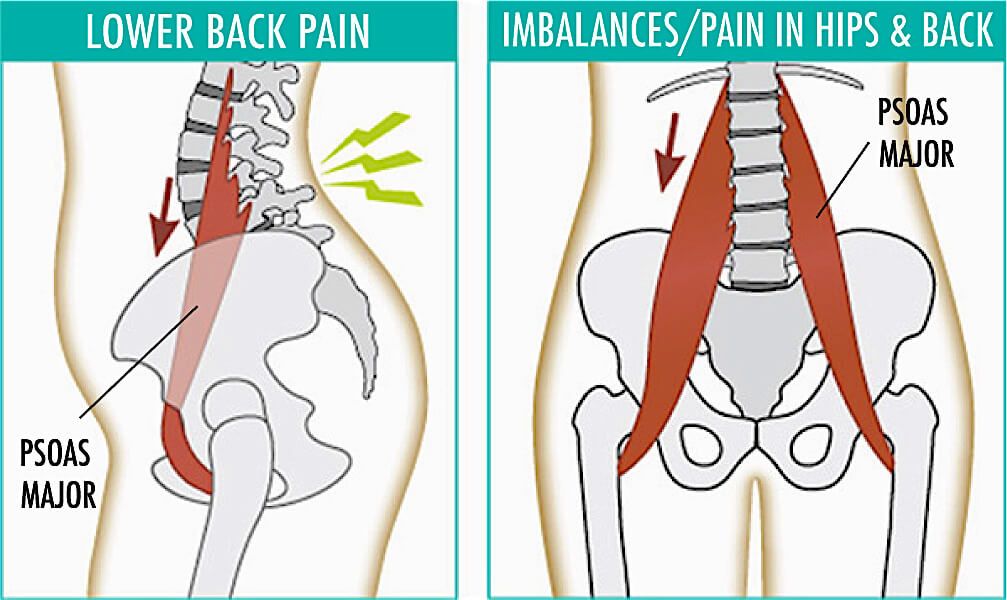
Worry over your partner leaving can also lead you to take on more than your share in the relationship. You might eagerly offer support to keep them from losing interest.
While you may not realize it, your actions can disrupt the relationship’s balance. A partner with integrity — someone who truly cares for you — might gently refuse your offers, encourage you to lean on them for help occasionally, and work to build up your trust in their commitment.
A less-than-scrupulous partner, however, may simply take your assistance for granted.
You might also find yourself carrying the relationship if you have a habit of taking on the role of caregiver, since it’s often difficult to break a pattern of providing support.
With dedicated effort, it’s often possible to address many relationship issues, including imbalance.
As with most other concerns, it generally helps to start with a conversation. If you’ve only recently noticed the one-sidedness, you might start by mentioning you’ve noticed they seem a little distant and distracted, and ask if they have anything on their mind.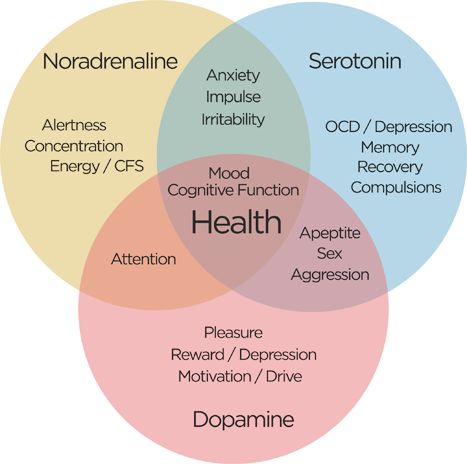
Your next steps might involve:
- working together to address whatever’s troubling them
- exploring ways to work on open communication going forward
- discussing strategies that help you both get your needs met
In the case of attachment issues or past relationship trauma, professional support can make a big difference. These issues are generally hard to overcome alone, but an individual therapist can offer guidance on navigating them productively.
A couples counselor can help you examine their impact on the relationship and find positive solutions together.
What about a partner who doesn’t want to change?
The possibility of restoring balance to the relationship generally rests on the willingness of both partners to put in the work required to create change.
Anyone can change, but that doesn’t always mean they will. Your relationship probably won’t regain much balance if your partner:
- seems uninterested in addressing relationship imbalance
- seems happy to continue accepting your support without reciprocating
- makes no effort to communicate, provide emotional support, or address other behaviors offsetting the relationship
Some people simply aren’t compatible.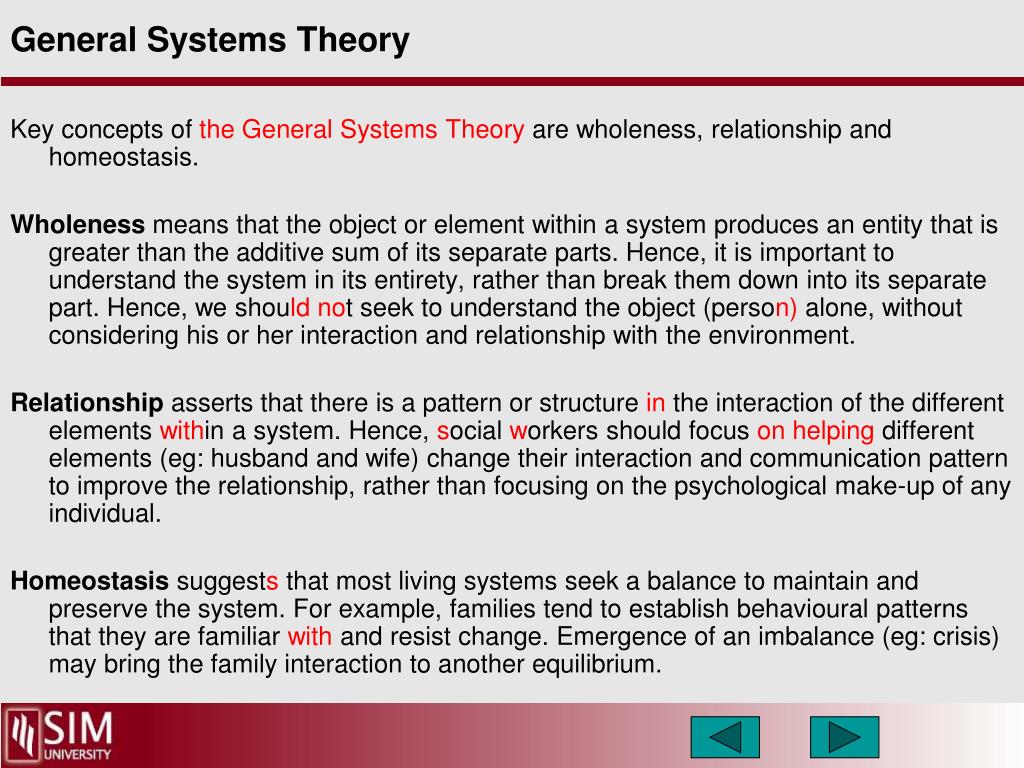
If your partner shows no inclination to meet you in the middle, you’re probably better off moving on — even when you feel you’ve put in too much effort to abandon the relationship. No amount of effort is worth prolonged emotional distress.
Be honest
Explain why you’ve decided to end the relationship.
Remember, incompatibility can happen without either partner doing anything “wrong.” Using “I” statements can help you avoid sounding critical or judgmental.
You might say, for example, “I need more emotional intimacy from my partner” or “I feel insecure without plans for the future.”
It’s OK to need a relationship with an equal level of commitment and investment. That’s a healthy relationship, after all.
Find more tips on having the breakup conversation here.
Talk to a therapist
Working with a mental health professional can help you recover from the breakup and examine your own role in relationship imbalance.
Perhaps you don’t feel valued unless you’re taking care of someone and only feel like a worthy partner when you provide support.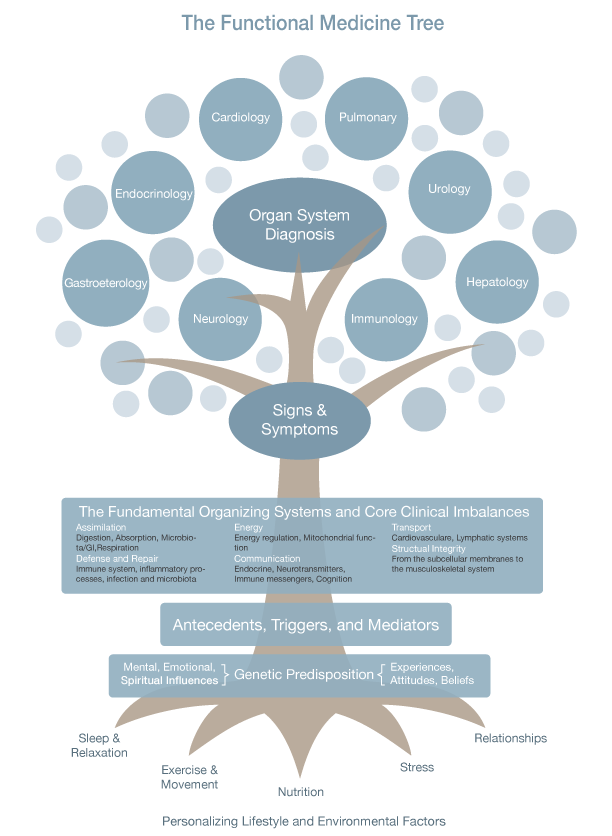 These beliefs can prompt people-pleasing or codependent behaviors.
These beliefs can prompt people-pleasing or codependent behaviors.
Learning to develop healthy boundaries in therapy before pursuing a new relationship can always have benefit.
Take time to recover
It’s perfectly normal to feel sadness or grief and wonder whether you did the right thing.
Yet you can love your partner and still know you need to end the relationship to prioritize your own well-being. Breaking up may be best for you, regardless of your lingering feelings, since one-sided relationships may involve more conflict and emotional distress.
Self-care and time for yourself can help you heal.
Find more strategies for breakup recovery here.
Without equality and mutual respect, relationships can easily become unbalanced, insecure, and full of resentment.
If your relationship has become somewhat one-sided, an open, honest conversation about your needs can help you bring it back into balance.
Crystal Raypole has previously worked as a writer and editor for GoodTherapy.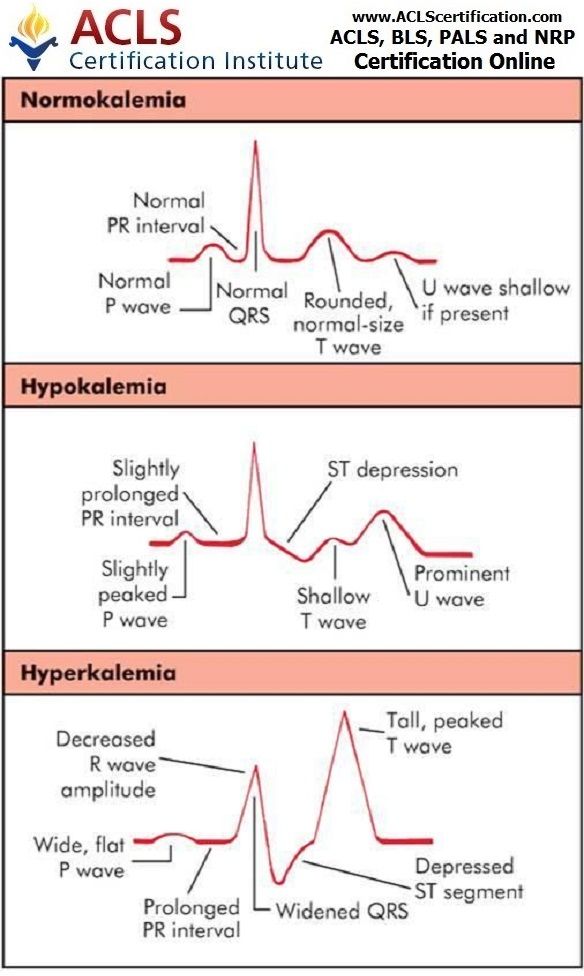 Her fields of interest include Asian languages and literature, Japanese translation, cooking, natural sciences, sex positivity, and mental health. In particular, she’s committed to helping decrease stigma around mental health issues.
Her fields of interest include Asian languages and literature, Japanese translation, cooking, natural sciences, sex positivity, and mental health. In particular, she’s committed to helping decrease stigma around mental health issues.
14 Signs and Tips for Balance
People usually embark on romantic relationships in search of intimacy, companionship, and mutual support. Life’s challenges often become easier to manage when someone else helps shoulder the burden.
In a healthy relationship, you might turn to your partner for comfort and guidance when something comes up that you can’t handle alone.
Yet relationships can’t thrive without balance. If one partner regularly provides most of the financial or emotional support, you might have a one-sided, or unbalanced, relationship.
It’s disheartening to put effort into showing up for a partner who doesn’t seem to have a similar investment in the relationship. Beyond causing frustration, one-sided relationships can sour your affection and negatively affect your mental health.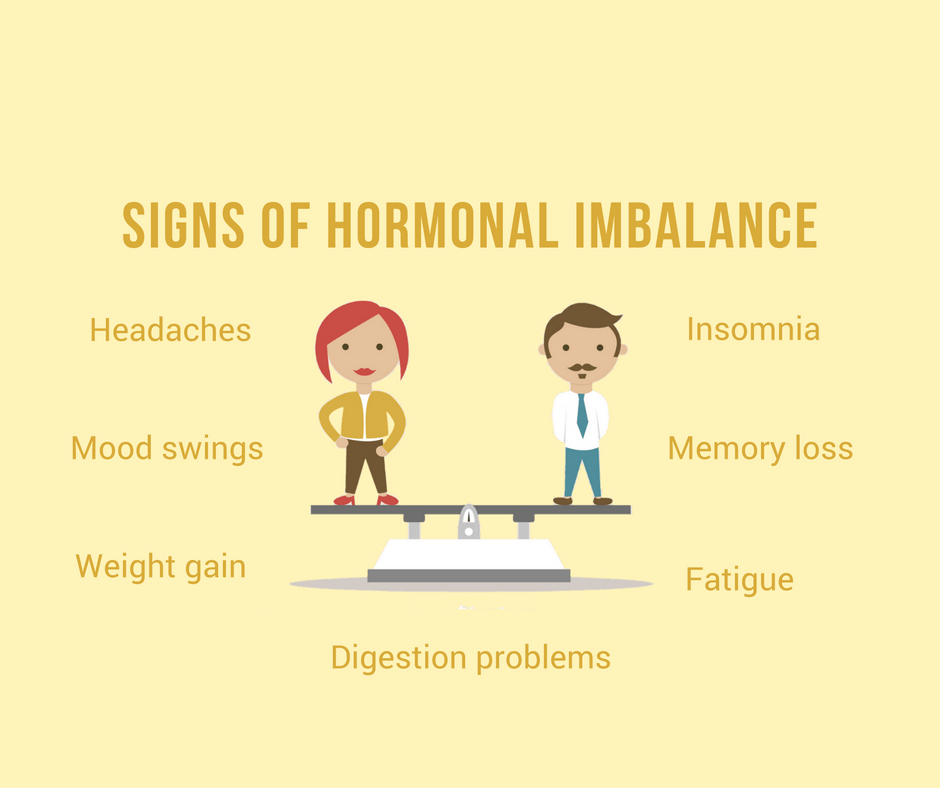
Every relationship is unique, and partners might, from time to time, experience personal difficulties that affect their ability to contribute equally to the relationship — and that’s OK.
But when one partner is regularly contributing more to the relationship, there’s often trouble ahead.
Here are some other signs that suggest there’s a balance issue in the relationship.
A persistent sense of insecurity
When your partner doesn’t seem terribly invested, you might begin to doubt their commitment.
That’s pretty understandable. You prioritize the relationship and make a dedicated effort to communicate, spend quality time together, and help out when needed. If they fail to put in an equal effort, you might start to wonder if they really care about you at all.
Alternatively, they might show plenty of affection but seem disinterested in discussing future plans, like moving in together or planning next year’s vacation. This can leave you with the sense they prefer to keep one foot out the door.
Granted, some people are more demonstrative than others, but it’s generally not a great sign when you feel uncertain of their feelings. This insecurity can shake your faith in your partner and fuel anxiety and conflict.
Lack of communication
One-sidedness can also show up in communication patterns.
You freely talk about your frustration with your best friend after an argument or your joy and satisfaction after your boss singles out your work for praise. Your partner, on the other hand, shares next to nothing, no matter what happens in their life.
Maybe you’ve noticed they’re a great listener. They never cut in or divert your story to their own experiences. At the same time, however, they rarely offer anecdotes of their own.
When you struggle to communicate, you might feel as if you don’t know them all that well. This can also make for unproductive conflict. You want to get to the heart of the problem and talk through it, but they just brush the issue off with “It’s fine” or “Don’t worry. ”
”
In the end, although you want to achieve more authentic communication, you may find it harder and harder to open up since they never reciprocate.
Your interactions leave you unfulfilled
How do you feel after spending time with your partner?
Maybe you have fun in the moment, but the lack of deep emotional connection leaves you feeling lonely, even a little empty, afterward. You might find yourself dissecting your encounters, worrying over their lack of engagement, or wondering what you did to upset them.
Time spent with loved ones should energize and fulfill you more often than not. Feeling drained, stressed, or dissatisfied after seeing your partner can suggest an unbalanced relationship, one where they make little effort to help meet your emotional needs.
You do all the work
In one-sided relationships, it often falls to one partner to arrange everything.
Planning trips or dates, picking up food for dinner, checking in when you haven’t talked in a few days, initiating sex — it may seem as if the relationship would collapse entirely if you stopped working to sustain it.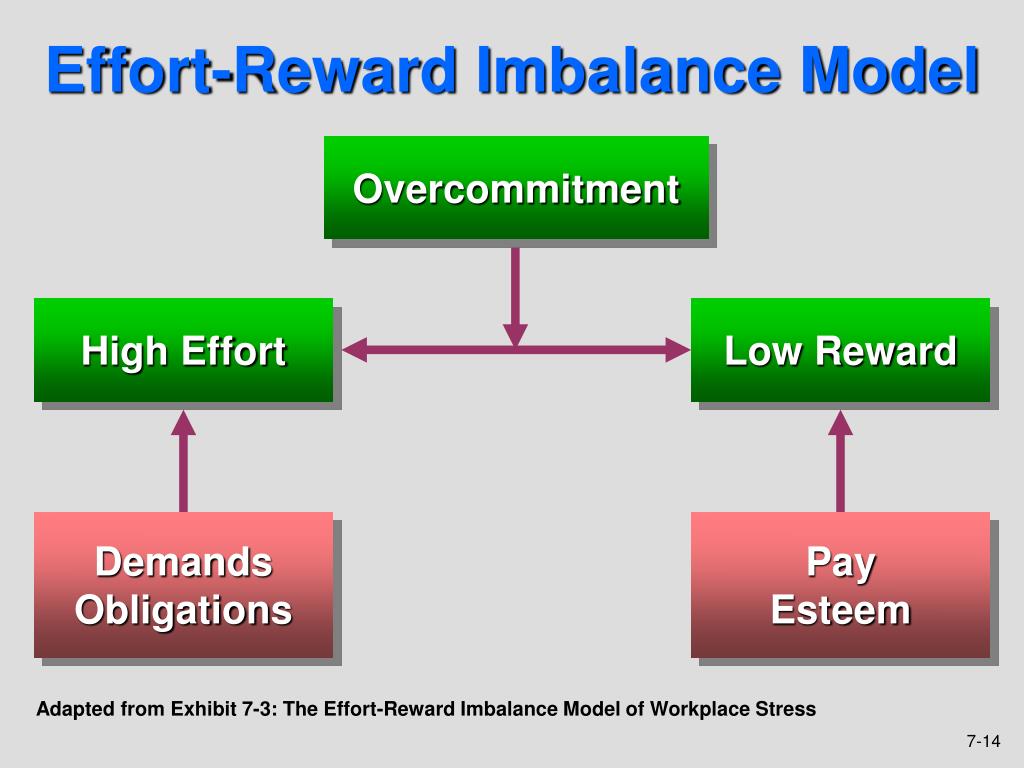
Perhaps when you mention this, your partner offers some excuse or looks at you blankly. Maybe they agree to try harder but soon return to their usual habits.
Either way, this can leave you with the impression they’re taking advantage or don’t care whether the relationship continues.
Financial imbalance
After a job loss or other financial difficulty, a partner with financial resources might offer to help out temporarily. There’s nothing wrong with that. Knowing you have someone who cares enough to help out in times of need is an important relationship benefit.
It’s a different story, however, when you end up paying for bills, groceries, gas, and vacations without a prior arrangement, and your partner never makes a move to chip in. This typically doesn’t represent a healthy relationship dynamic, and it can leave you feeling used and unappreciated.
While relationships can certainly become unbalanced with a selfish or toxic partner, plenty of other factors can contribute.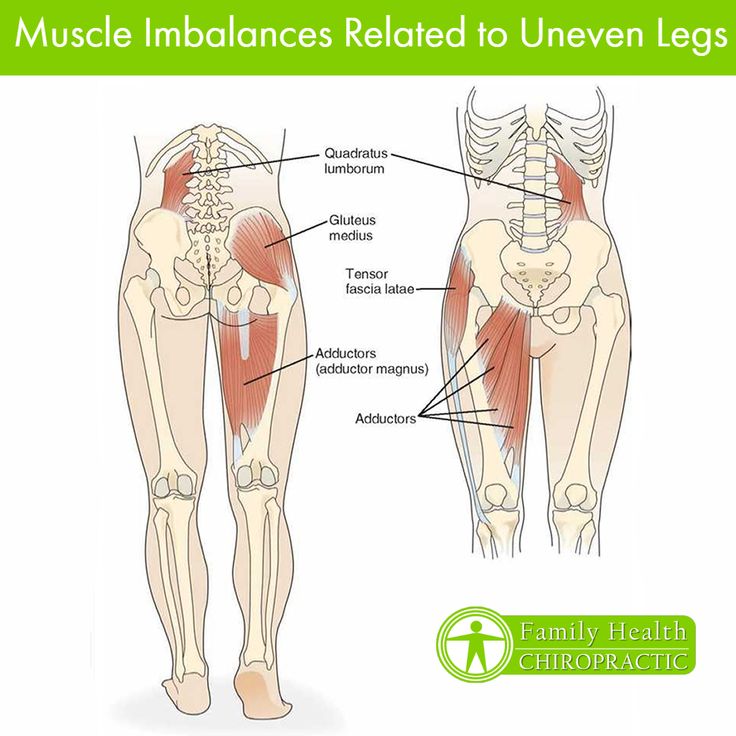
Different communication styles
Not everyone grows up learning to communicate productively or openly discuss feelings. Some people learn to protect themselves by hiding their emotions. If your partner was never encouraged to share feelings or opinions, they might doubt their ability to safely do so well into adulthood.
Attachment also plays a part here. People with an insecure attachment style, such as dismissive-avoidant or anxious-avoidant, tend to create distance in relationships or withdraw emotionally instead of opening up. Their strong feelings for you might be undermined by an equally strong desire to avoid getting hurt.
Very different communication patterns or attachment styles can create a large disparity between emotional needs in relationships.
Different relationship expectations
One-sided relationships can develop when you and your partner have different ideas about what the relationship means.
Perhaps you have a goal of long-term commitment, while they can’t see past the next few months.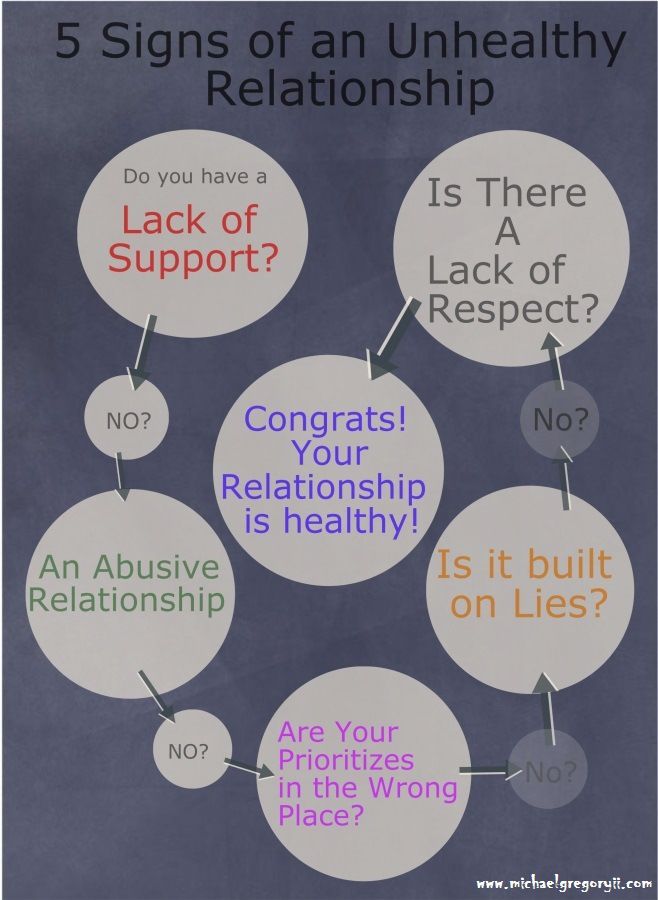 Your view of the relationship leads you to intensify your efforts, while they haven’t reached the point where they feel able to express a similar commitment.
Your view of the relationship leads you to intensify your efforts, while they haven’t reached the point where they feel able to express a similar commitment.
It’s also possible they learned to rely on their parents or partners to meet their needs in past relationships and now expect you to do the same. This certainly isn’t a healthy relationship behavior — it’s not your job (or anyone else’s) to take care of them.
However, this pattern can change through improved communication and dedicated effort.
Temporary distress
When trying to understand why your relationship suddenly seems off-kilter, it can help to consider any stressors present in your partner’s life.
Job stress, physical or mental health concerns, family issues — any one of these challenges can make it difficult to fully engage. If they’re dealing with more than usual, they might continue to feel overwhelmed until the situation improves.
Your own relationship history
On the other side of things, your own attachment style and past relationship experiences can also factor in.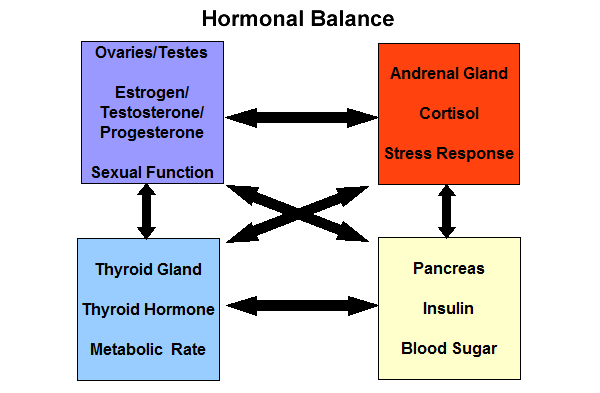
People with anxious attachment styles, for example, might feel afraid of ending up alone and need more assurance of affection than someone securely attached. If your partner isn’t overly affectionate, you might feel the emotional distance more strongly.
Worry over your partner leaving can also lead you to take on more than your share in the relationship. You might eagerly offer support to keep them from losing interest.
While you may not realize it, your actions can disrupt the relationship’s balance. A partner with integrity — someone who truly cares for you — might gently refuse your offers, encourage you to lean on them for help occasionally, and work to build up your trust in their commitment.
A less-than-scrupulous partner, however, may simply take your assistance for granted.
You might also find yourself carrying the relationship if you have a habit of taking on the role of caregiver, since it’s often difficult to break a pattern of providing support.
With dedicated effort, it’s often possible to address many relationship issues, including imbalance.
As with most other concerns, it generally helps to start with a conversation. If you’ve only recently noticed the one-sidedness, you might start by mentioning you’ve noticed they seem a little distant and distracted, and ask if they have anything on their mind.
Your next steps might involve:
- working together to address whatever’s troubling them
- exploring ways to work on open communication going forward
- discussing strategies that help you both get your needs met
In the case of attachment issues or past relationship trauma, professional support can make a big difference. These issues are generally hard to overcome alone, but an individual therapist can offer guidance on navigating them productively.
A couples counselor can help you examine their impact on the relationship and find positive solutions together.
What about a partner who doesn’t want to change?
The possibility of restoring balance to the relationship generally rests on the willingness of both partners to put in the work required to create change.
Anyone can change, but that doesn’t always mean they will. Your relationship probably won’t regain much balance if your partner:
- seems uninterested in addressing relationship imbalance
- seems happy to continue accepting your support without reciprocating
- makes no effort to communicate, provide emotional support, or address other behaviors offsetting the relationship
Some people simply aren’t compatible.
If your partner shows no inclination to meet you in the middle, you’re probably better off moving on — even when you feel you’ve put in too much effort to abandon the relationship. No amount of effort is worth prolonged emotional distress.
Be honest
Explain why you’ve decided to end the relationship.
Remember, incompatibility can happen without either partner doing anything “wrong.” Using “I” statements can help you avoid sounding critical or judgmental.
You might say, for example, “I need more emotional intimacy from my partner” or “I feel insecure without plans for the future.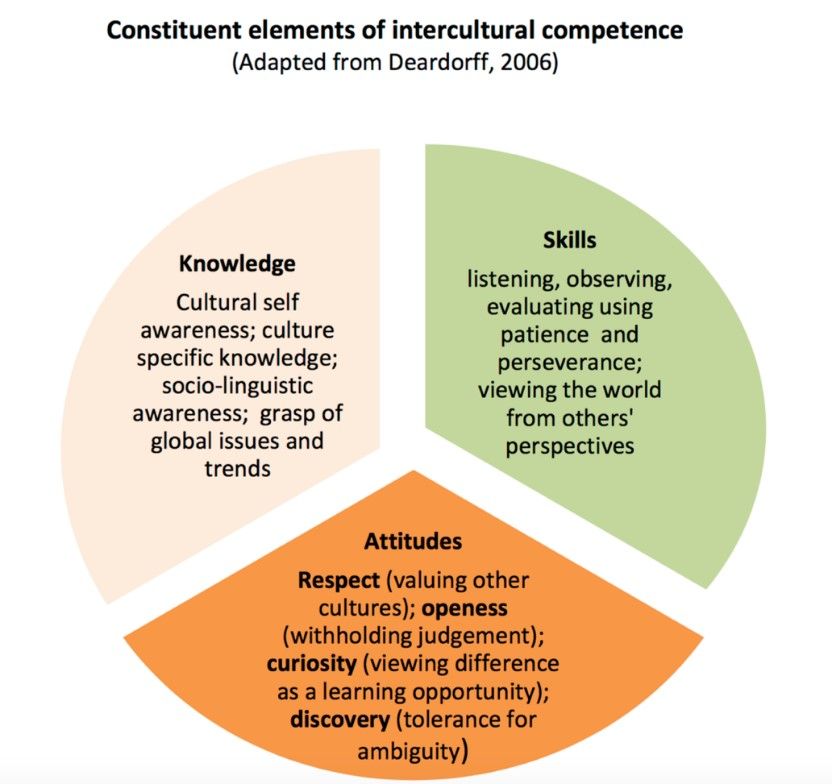 ”
”
It’s OK to need a relationship with an equal level of commitment and investment. That’s a healthy relationship, after all.
Find more tips on having the breakup conversation here.
Talk to a therapist
Working with a mental health professional can help you recover from the breakup and examine your own role in relationship imbalance.
Perhaps you don’t feel valued unless you’re taking care of someone and only feel like a worthy partner when you provide support. These beliefs can prompt people-pleasing or codependent behaviors.
Learning to develop healthy boundaries in therapy before pursuing a new relationship can always have benefit.
Take time to recover
It’s perfectly normal to feel sadness or grief and wonder whether you did the right thing.
Yet you can love your partner and still know you need to end the relationship to prioritize your own well-being. Breaking up may be best for you, regardless of your lingering feelings, since one-sided relationships may involve more conflict and emotional distress.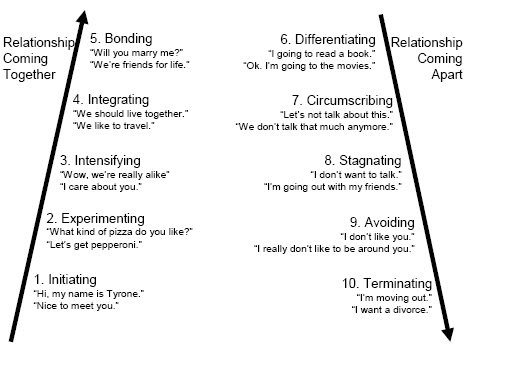
Self-care and time for yourself can help you heal.
Find more strategies for breakup recovery here.
Without equality and mutual respect, relationships can easily become unbalanced, insecure, and full of resentment.
If your relationship has become somewhat one-sided, an open, honest conversation about your needs can help you bring it back into balance.
Crystal Raypole has previously worked as a writer and editor for GoodTherapy. Her fields of interest include Asian languages and literature, Japanese translation, cooking, natural sciences, sex positivity, and mental health. In particular, she’s committed to helping decrease stigma around mental health issues.
Psychology with Veronika Khatskevich: how to understand that you have an imbalance in your relationship?
Psychology
September 19, 2019
Veronika Khatskevich
psychologist, author of books, methods and marathons
Our new columnist Veronika Khatskevich is one of the most successful psychologists in the country, the author of several books, hundreds of techniques and marathons that help women become self-confident, independent and, most importantly, happy.
Veronica herself is a vivid example of the fact that absolutely everything is possible in life. Today, this stylish blonde buys things that she likes, chooses only those relationships that bring her joy, and shares parts of her success with the world around her with pleasure. Her first column is about imbalance in relationships and why it needs to be "detected in time and defuse." nine0003
In a relationship, the right balance is equality between what you give and how much you get in return: no one keeps track of signs of attention and care in the literal sense of the word, but two partners are equally comfortable in this union. When the balance is disturbed, one bathes in love, while the other feels its acute shortage. If you do not take care of your needs and invest only in your partner, the connection will cease to exist: and the partner is unlikely to meet halfway and improve - why, everything suits him, he is used to accepting and not straining. For him, care is commonplace, he does not appreciate your contribution.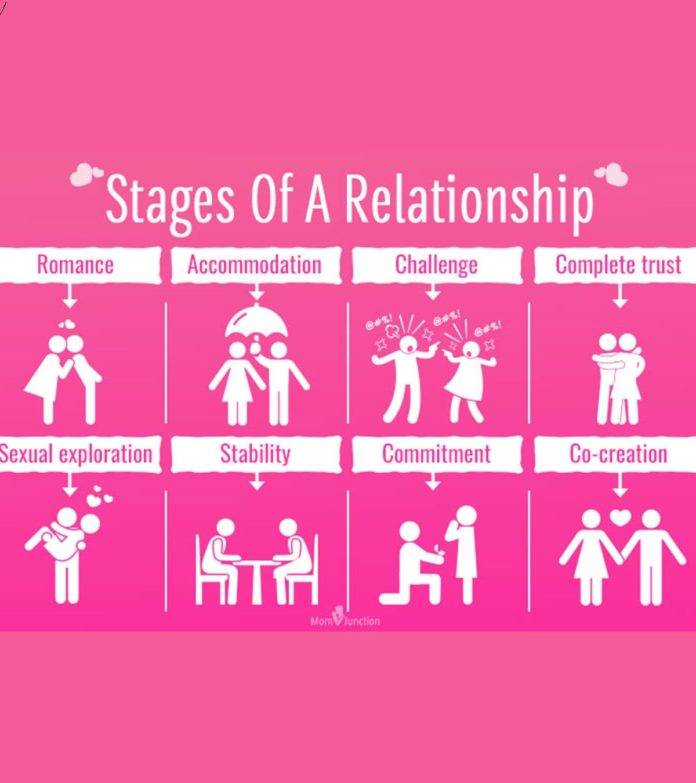 You can convince yourself that everything is in order: happiness, they say, lies in giving and not demanding in return, and love is not selfish. Of course, this is all very noble, but let's see how you really feel? nine0003
You can convince yourself that everything is in order: happiness, they say, lies in giving and not demanding in return, and love is not selfish. Of course, this is all very noble, but let's see how you really feel? nine0003
If none of the following is about you, great. Most likely, your relationship is harmonious. If not, alas, you are wasting time on a person who is not ready and does not want to invest in you.
How to recognize that there is an imbalance in your relationship with a partner?
Below are clear markers:
- You feel lonely in a relationship. It seems that there is a partner, but it seems that he is not. By default, you understand that you cannot count on support and care, so you don’t even try to get them, afraid of being disappointed. If you ask, most likely you will simply be ignored or accused of selfishness. nine0027
- You dissolve into your partner's life: you stop meeting old friends, doing hobbies, giving up leisure activities that you used to love.
 If you order pizza, then the one that your partner likes. If you watch a movie, then from its "to watch" list.
If you order pizza, then the one that your partner likes. If you watch a movie, then from its "to watch" list.
- Relationships are entirely up to you. It is you who smooth the corners, give in, sacrifice yourself. You think that this is your value for a partner. After all, no one else is able to love as selflessly as you. In fact, you are romanticizing destructive love. nine0027
- You cannot refuse a partner, even if it is inconvenient to fulfill the request. Tired and no desire. You step over yourself and do what he asks. Because "no" creates guilt that you can't handle.
- Your partner comes first for you, you come first for him from the end. You yourself realize this, but you cannot do anything. Find solace in the grains of his attention, knowing that, by and large, he does not care about you, events in your life, joys and problems. nine0027
- In a relationship, you are "a Swiss, a reaper, and a gamer on the pipe." All emotional and everyday problems are solved by you.
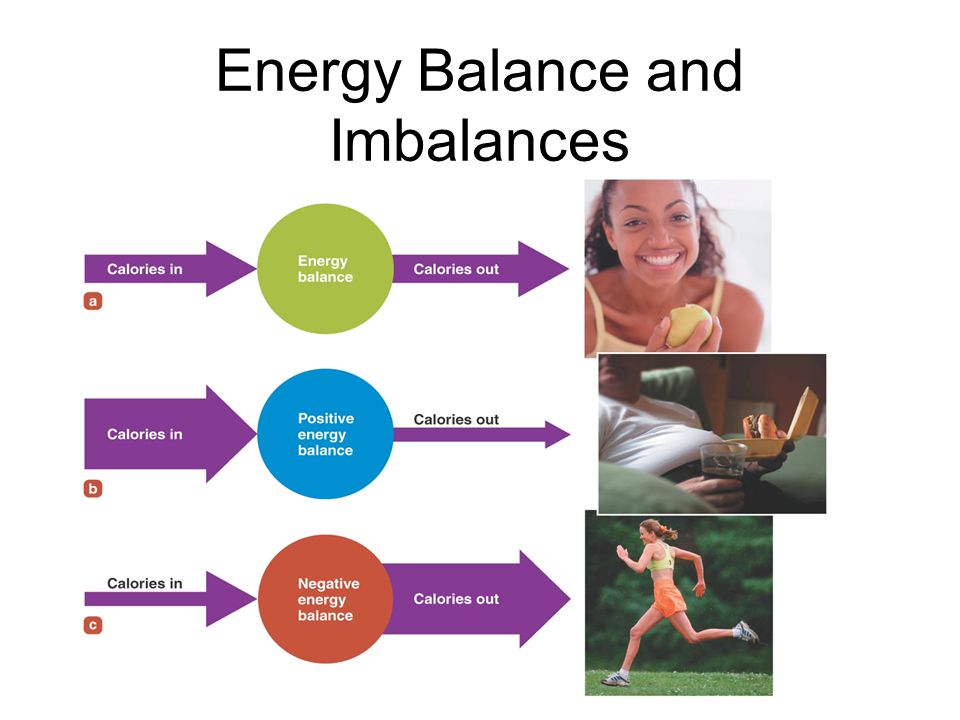 In fact, the partner is not helpless, he just understands that it makes no sense for him to strain. You are doing great on your own.
In fact, the partner is not helpless, he just understands that it makes no sense for him to strain. You are doing great on your own. - You refuse the opportunity to have a healthy relationship where you are truly loved and appreciated, explaining to yourself that there are difficulties in every relationship. There are in these and there will be in others. Forgetting that not every relationship is a series of concessions for the sake of a partner's life. nine0027
- You experience a lack of energy on a daily basis. If there is no reason for real physical fatigue, the feeling of exhaustion most likely caused emotional burnout. Unlike the physical one, it is not cured by eight hours of sleep, exercise and proper nutrition.
- You don't turn to your partner for help, you don't say wishes, in principle, you don't ask for anything. Even in small things. Do not want to load him, suddenly he is busy and cannot - he will still be angry. Only you have time to deal with his life, he has things to do.
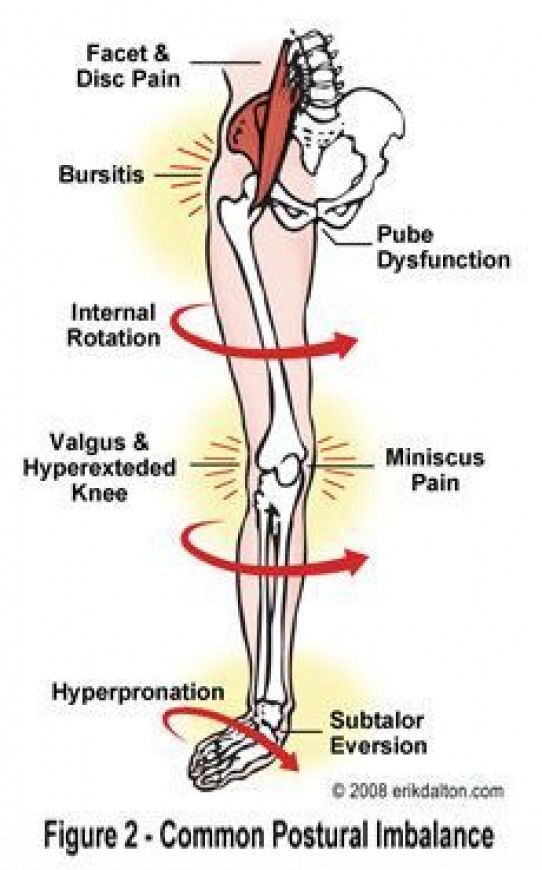 nine0027
nine0027 - You do not discuss problems and swallow resentment. I would like not to be offended, but you feel how flawed the relationship is and how your partner treats you. This affects self-esteem. You get angry at yourself for not cutting off a sick bond and giving yourself what you deserve. You are angry at your partner, at his attitude towards you. Self-deception goes on for a long time, but every time you choose it and go into damaging deals with yourself, dissatisfaction and annoyance catches up with you.
Did you recognize yourself in a few points? So there is work to be done. About this - in my next columns on the Posta-Magazine and on my Instagram * ( * Meta Platforms Inc. (Facebook, Instagram) - an organization whose activities are recognized as extremist, banned on the territory of the Russian Federation) - account @khatskevich_veronika
September 19, 2019
Veronika Khatskevich for the section Psychology
About the imbalance in relationships: evo_lutio — LiveJournal
In continuation of the previous post, I propose to consider the imbalance.
I will call the imbalance not in favor of the person negative D (-), and the reverse imbalance positive D (+). By and large, the word “positive” is just as wrong as the word “benefit”, since no one benefits from an imbalance (except for the sinister cannibals, but not everything is so simple with them, so I propose to abolish this option). Ordinary people suffer from both positive and negative imbalances. Differently, but often equally. nine0003
It is important to understand this not in order to “justify the rapist” and relieve him of responsibility, but in order to see the imbalance mechanism and be able to unfold it. While it's not so bad to justify a rapist, it's much worse to label people as a rapist as a label. Removing the label does not remove the responsibility. On the contrary, it helps to work it out.
A strong imbalance always turns relationships into so-called violent ones. Everyone should learn this, especially those who divide the world into black and white, consider themselves to be angels, and all their offenders to be demons.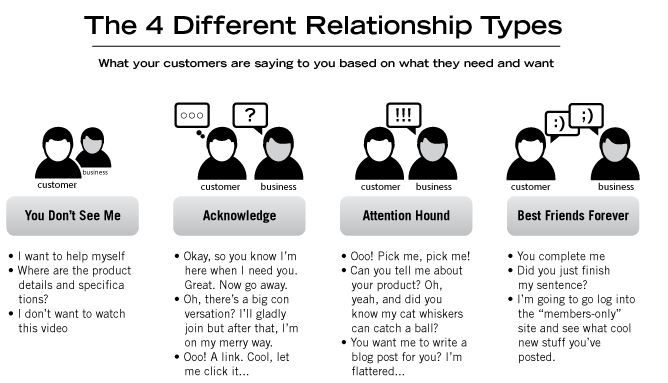 Any angel, being on the side of a positive imbalance, turns into a rapist. And I want to tell you how it happens. nine0003
Any angel, being on the side of a positive imbalance, turns into a rapist. And I want to tell you how it happens. nine0003
What we call relationships is the formation of a common field. In balance, both partners participate equally in the field, the saturation is the same for each, the dependence on each other is equal, so no one has stress from such relationships (stress is an energy hole in the field). With an imbalance, one partner experiences stress as a result of the fact that his dependence is much greater than that of his partner, he does not feel control over the situation, he feels his helplessness, instability. At the same time, the second partner has an excess of aggression, since the behavior of the first partner, who is more in love, is, in fact, a constant intrusion into his personal space, a constant attempt to seize his territory, sometimes affectionate, manipulative, sometimes quite aggressive. The more in love is forced to sneak into the territory of the beloved, because only in this way can he equalize addictions and reduce stress, but the less in love does not feel his own desire to increase intimacy and perceives the attempts of the second as veiled violence, and therefore he himself responds with aggression in one form or another.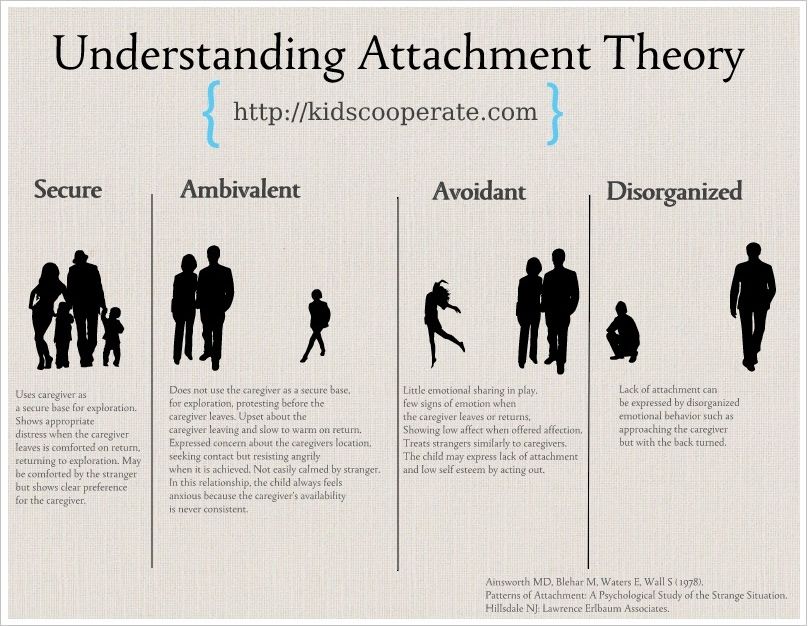 nine0003
nine0003
Please, lovers of finding someone to blame and putting a sign “guilty” on his chest, try to understand that there is no one to blame in this situation. Both are responsible, but only if there is enough knowledge and understanding to correctly assess this situation. Many do not have enough, and then you still need to grow up to responsibility, although this is a sad circumstance.
What prevents a correct assessment of the situation of imbalance on both sides?
The main thing is that the situation of imbalance looks completely different from different poles, and this makes it very difficult to put yourself in the place of another and understand him. nine0003
With a negative imbalance, a person feels closeness, which can disappear at any moment, that is, closeness and fear of losing it at the same time. Attention, he does not feel that only he has closeness, he feels a general closeness, since it is physically impossible to imagine that there is a person next to you, but you are not next to him.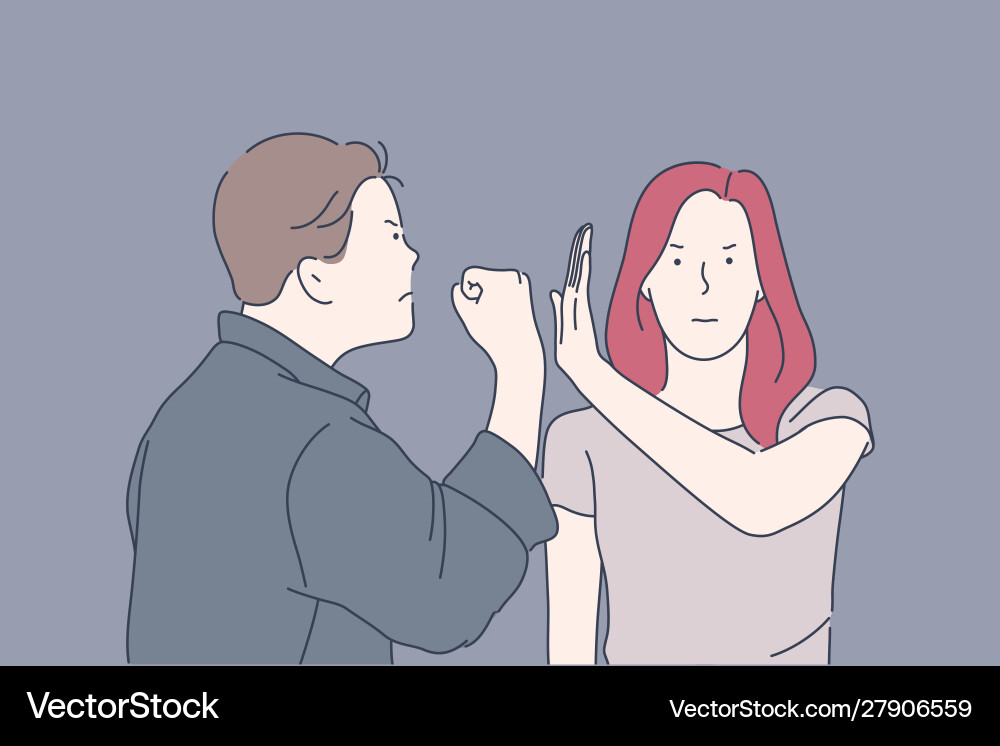 This is due to the fact that the human mind, within which all our psychic mysteries are played out, does not deal with physical bodies, but with images. This physical body in a person is one, and there can be many images of it in the minds of different people. But tracking this fact and taking it into account in the analysis is not so easy; this requires some skill. Therefore, people who are not prepared for such reflection feel mutual closeness, and this is very important to understand. nine0003
This is due to the fact that the human mind, within which all our psychic mysteries are played out, does not deal with physical bodies, but with images. This physical body in a person is one, and there can be many images of it in the minds of different people. But tracking this fact and taking it into account in the analysis is not so easy; this requires some skill. Therefore, people who are not prepared for such reflection feel mutual closeness, and this is very important to understand. nine0003
While for a person with a positive imbalance, the partner may be significant, but not enough, for his partner, whose imbalance is negative, there is an image of mutual high significance. Therefore, when he behaves obsessively and "sticks", he does not feel an invasion of other people's boundaries, these boundaries do not exist for him, they are long behind in his personal picture. Therefore, he personally does not show any aggression, but his partner feels this aggression.
Imagine how clever the imbalance trap is: it builds on two completely different pictures in the minds of two people. And from the difference between these two spaces, a vortex formation arises and the imbalance begins to increase. nine0003
And from the difference between these two spaces, a vortex formation arises and the imbalance begins to increase. nine0003
In principle, the whirlwind doesn't care, it can blow people away from each other, and this happens very often if the ability of systems to adapt is lower than the strength of the whirlwind. In cases where the systems are flexible and the vortex grows slowly, the imbalance will gradually grow and strengthen both poles. At one pole (negative), stress will increase and at the same time the strength of addiction (falling in love) to compensate for this stress. At the other pole (positive), aggression and at the same time a sense of guilt will grow. nine0003
I am writing all this because the only way out of these traps is the mind. Evolutionary reason is given to people in order to progress not in the process of selecting useful genes, but in the process of rethinking their behavior, that is, faster and not only at the species level, but also at the individual level.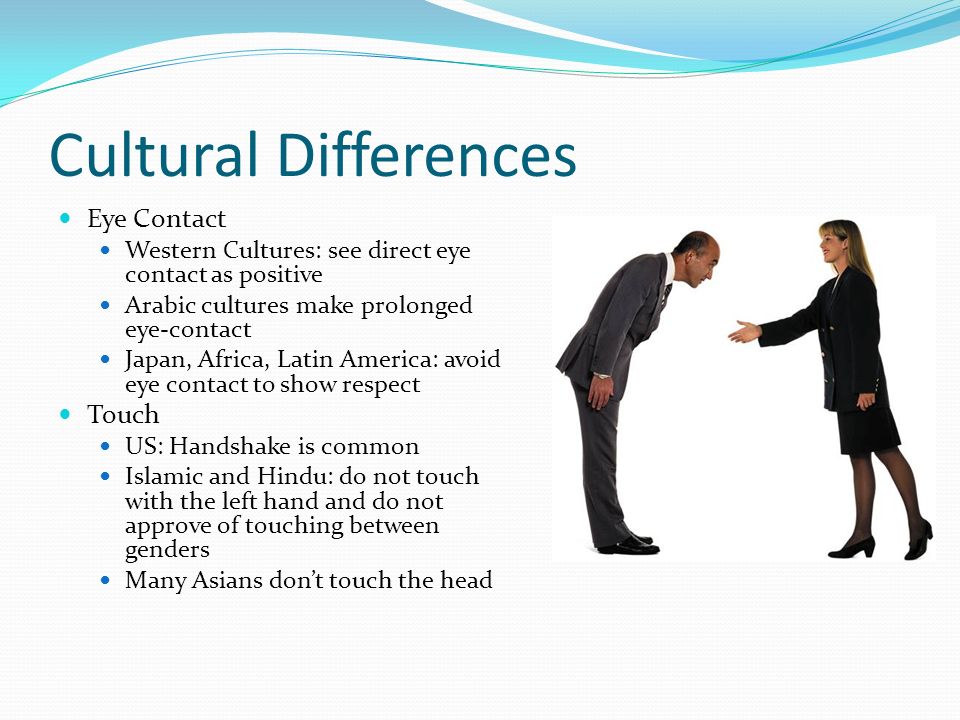 With the help of the mind, one's own and collective, one can evaluate and understand that stress addiction and guilt-aggression are looped programs from which there is no way out unless the loop is interrupted. nine0003
With the help of the mind, one's own and collective, one can evaluate and understand that stress addiction and guilt-aggression are looped programs from which there is no way out unless the loop is interrupted. nine0003
How addiction increases stress, and stress increases addiction, I once wrote in the "Energy Pit" (I will definitely open this and other posts, just later). The aggression-guilt-aggression program is looped in the same way. Let's see how this ring works in a typical imbalance situation.
Imagine a man with D(-) and his woman with D(+). If the significance of the partner is very low, but the woman remains in the relationship, then she is kept in these relationships by considerations of some kind of utility. With D (-) in a relationship, it keeps the buzz (love, happiness, warmth, passion, etc.) with D (+) in a relationship, it keeps the benefit or duty (which is also a benefit, just not for itself, but a person considers himself obliged to provide it ). In our example, a woman, most likely, remains next to an insignificant man, because he “loves her”, because “it’s a pity for him”, because “you can’t scatter like that”, and because “there is no other yet”. We can say that both people choose what they choose: a man - to live with an unloving, but very beloved woman and get high from rapprochement, and a woman - to live with an unloved, but loving man, and receive care and custody to the maximum. But what do we see? nine0003
We can say that both people choose what they choose: a man - to live with an unloving, but very beloved woman and get high from rapprochement, and a woman - to live with an unloved, but loving man, and receive care and custody to the maximum. But what do we see? nine0003
Since a man D (-) has an addiction-stress-addiction ring, he constantly wants more than he gets, and therefore imposes his control on a woman under the guise of care or reproaches. After a stormy conflict, almost losing his beloved, he becomes quiet and happy with everything for a while, and then again tries to start the capture. You need to understand that this is not aggression on his part, but a natural attempt to even out the balance and relieve the stress that destroys it. Yes, he can say that he is very happy because he is afraid of losing and plunging into even more stress, but his “happiness” consists of dealing with stress, so even though he vows to “be good”, he breaks the promise again and again. It can look different, he can behave intelligently or rudely, whine or run into, the essence is the same - his partner feels a violation of the conditions on which she agreed to remain in a relationship.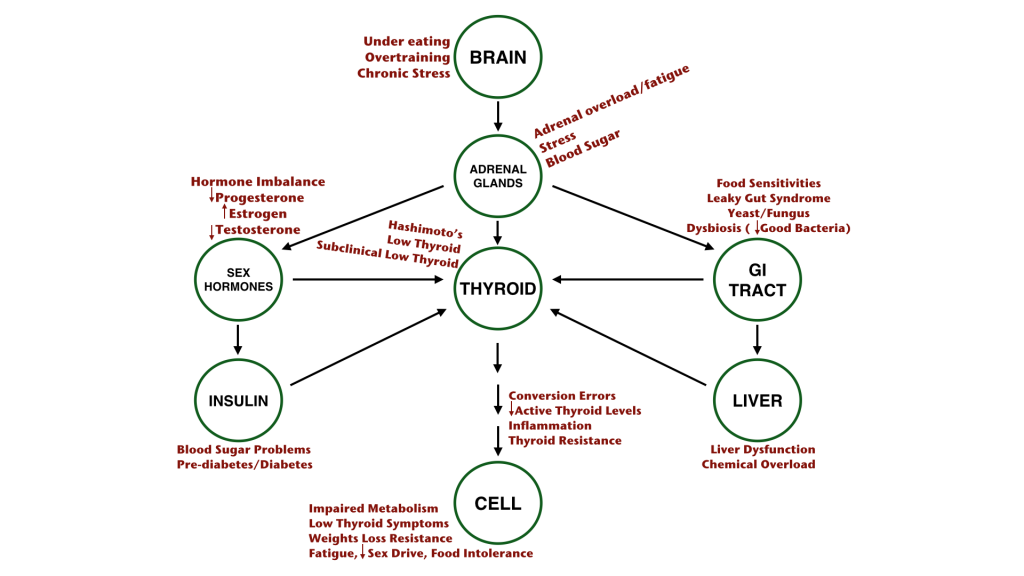 Her conditions are comfort, the support she needs and freedom. She does not want to be “nerved”, “brain taken out”, “deprived of oxygen”, and she, in her own way, is right. When a man violates the terms of the contract, she experiences aggression and hates him, she wants to punish, insult or humiliate him, because she believes that he deceived her, assuring that he is “happy just because she is” and he has no complaints that he pretended to be submissive, but he himself imagines himself to be her master and claims rights. nine0003
Her conditions are comfort, the support she needs and freedom. She does not want to be “nerved”, “brain taken out”, “deprived of oxygen”, and she, in her own way, is right. When a man violates the terms of the contract, she experiences aggression and hates him, she wants to punish, insult or humiliate him, because she believes that he deceived her, assuring that he is “happy just because she is” and he has no complaints that he pretended to be submissive, but he himself imagines himself to be her master and claims rights. nine0003
Here's the thing to understand: there can be no contract for "voluntary" imbalance. Partner D (-) can promise, but will not be able to fulfill this contract, his body will try to equalize the balance, and then partner D (+) will certainly be in righteous anger. If D (+) is a woman, she will insult and humiliate her partner, and this is inevitable. If D (+) is a man, he can resort to physical force if he was brought up in the tradition of "a man must repel aggression physically.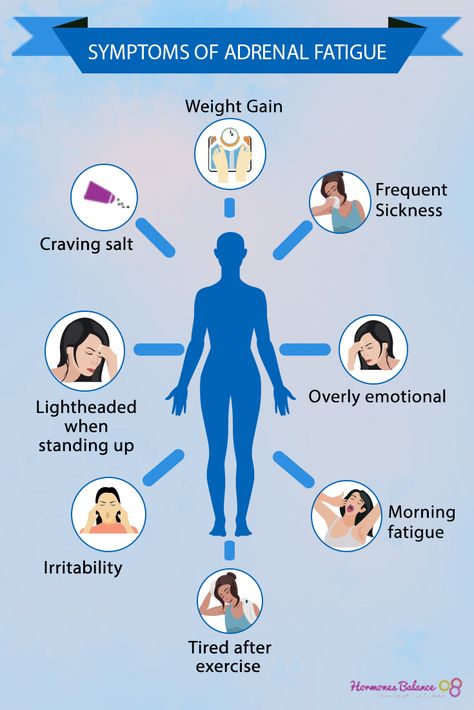 " But both will show aggression, in full confidence that this aggression is defensive, in response to an attack. The only way for a person with D (+) not to show aggression is to urgently leave the situation of imbalance, break off relations, run away. nine0003
" But both will show aggression, in full confidence that this aggression is defensive, in response to an attack. The only way for a person with D (+) not to show aggression is to urgently leave the situation of imbalance, break off relations, run away. nine0003
But it can be very difficult to do this, since the ring of aggression-guilt-aggression after a splash always passes to its second phase - guilt. A frightened partner D (-) after the conflict becomes quiet and submissive, like a bright lamb, an innocent martyr, and if the partner D (+) is a conscientious person, not cruel, he is overcome by a sense of guilt. He feels remorse and maybe very tired, he blames not only himself, but himself too. Therefore, he gladly goes to reconciliation and the couple concludes a “contract” for the 1000th time. “Stop quarreling, let's live like people, don't do this and I'll be normal,” says D (+) and D (-) swears with tears in his eyes. nine0003
After the phase of guilt is exhausted on the one hand and addiction is strengthened on the other hand, the phases of "stress" for D (-) and "aggression" for D (+) begin again.
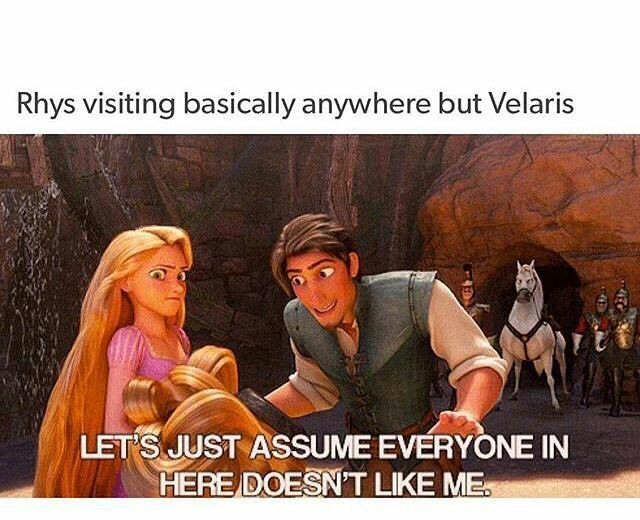
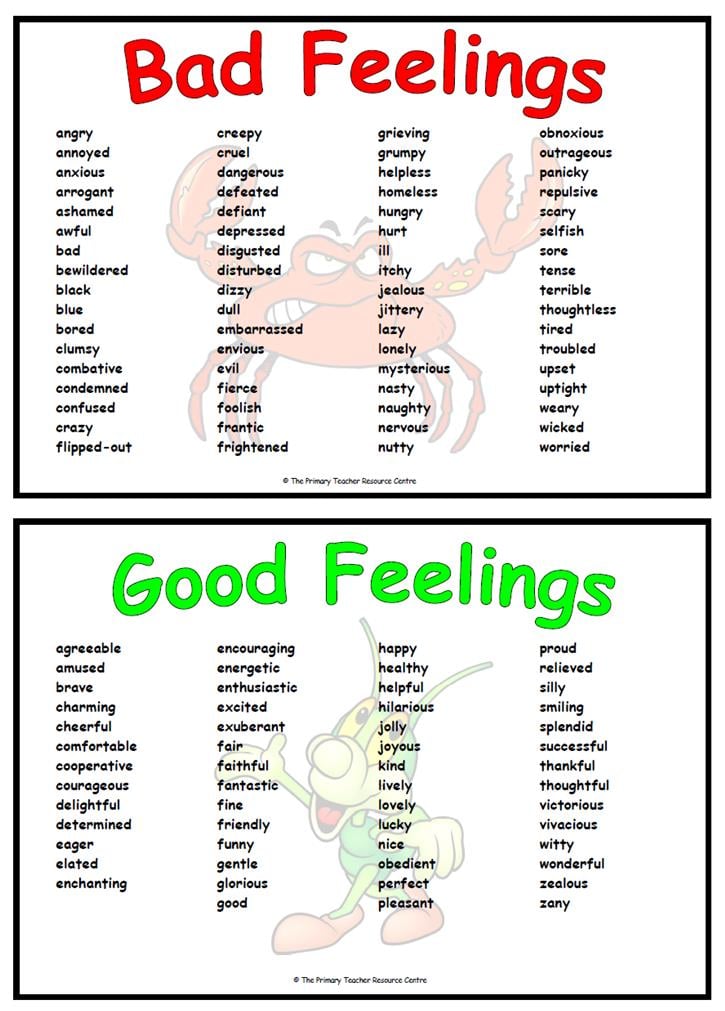
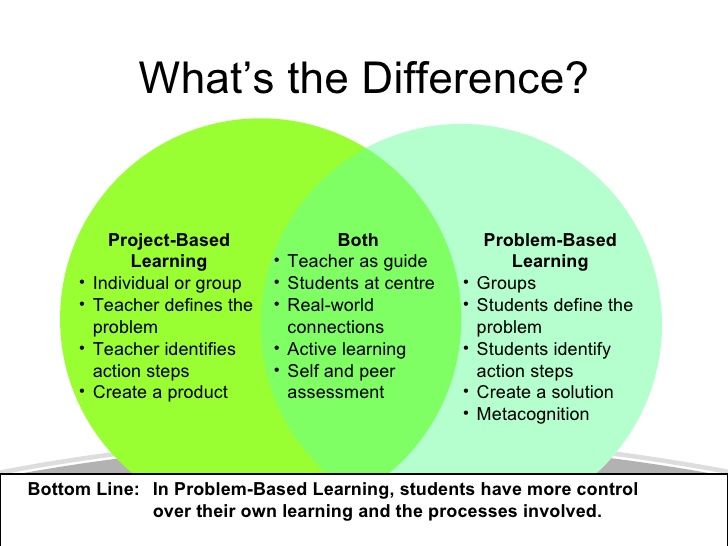
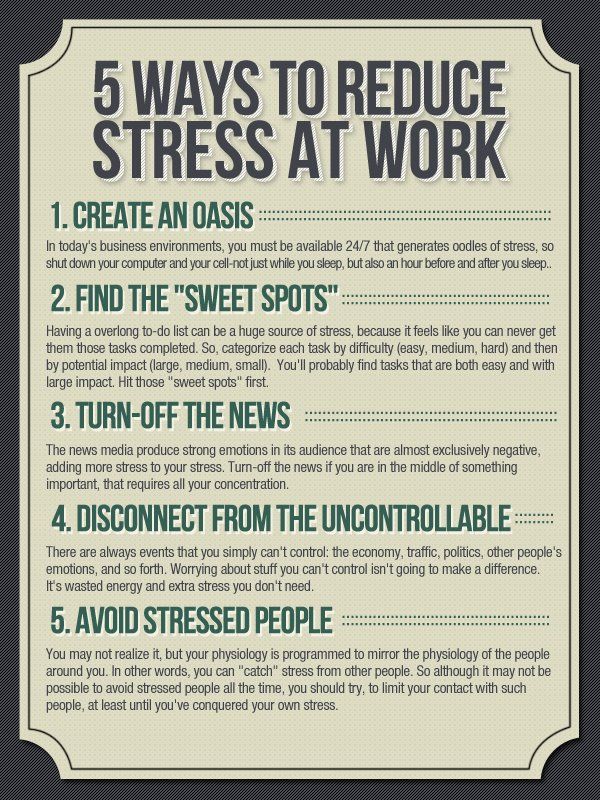
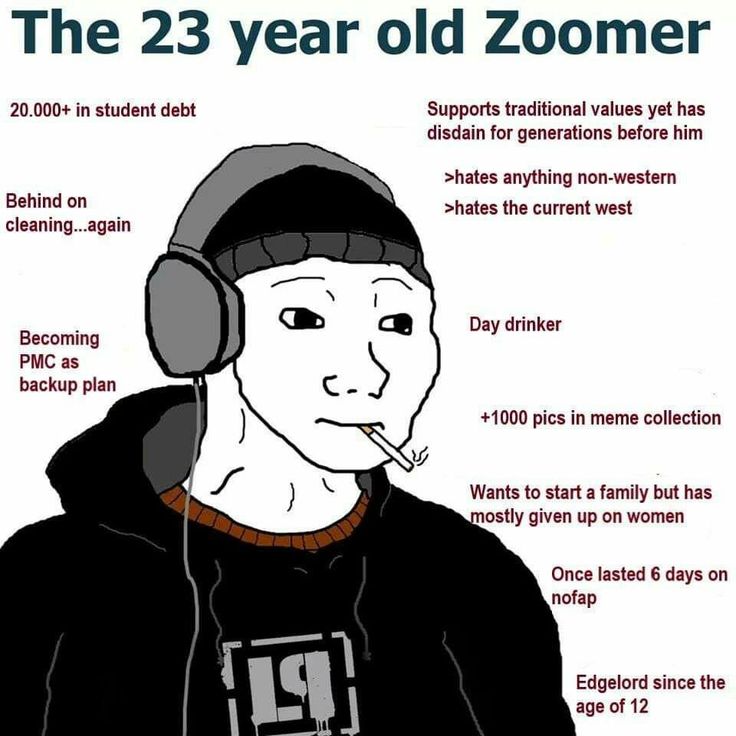

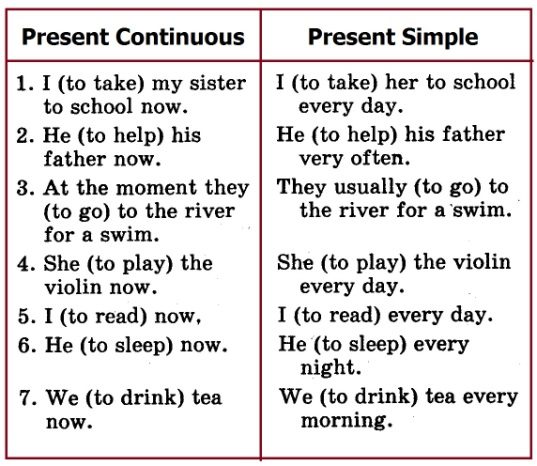
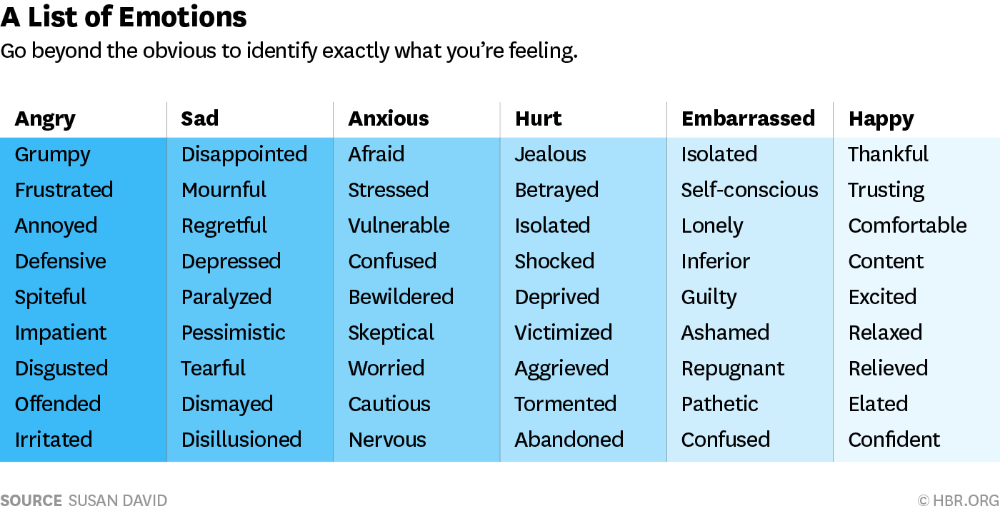
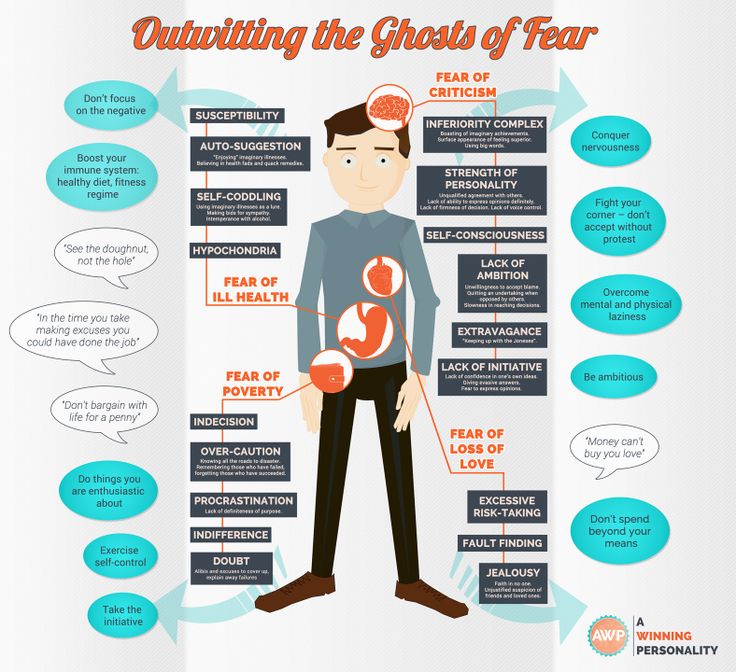
:strip_icc():format(jpeg)/kly-media-production/medias/655588/original/698995.jpg)
